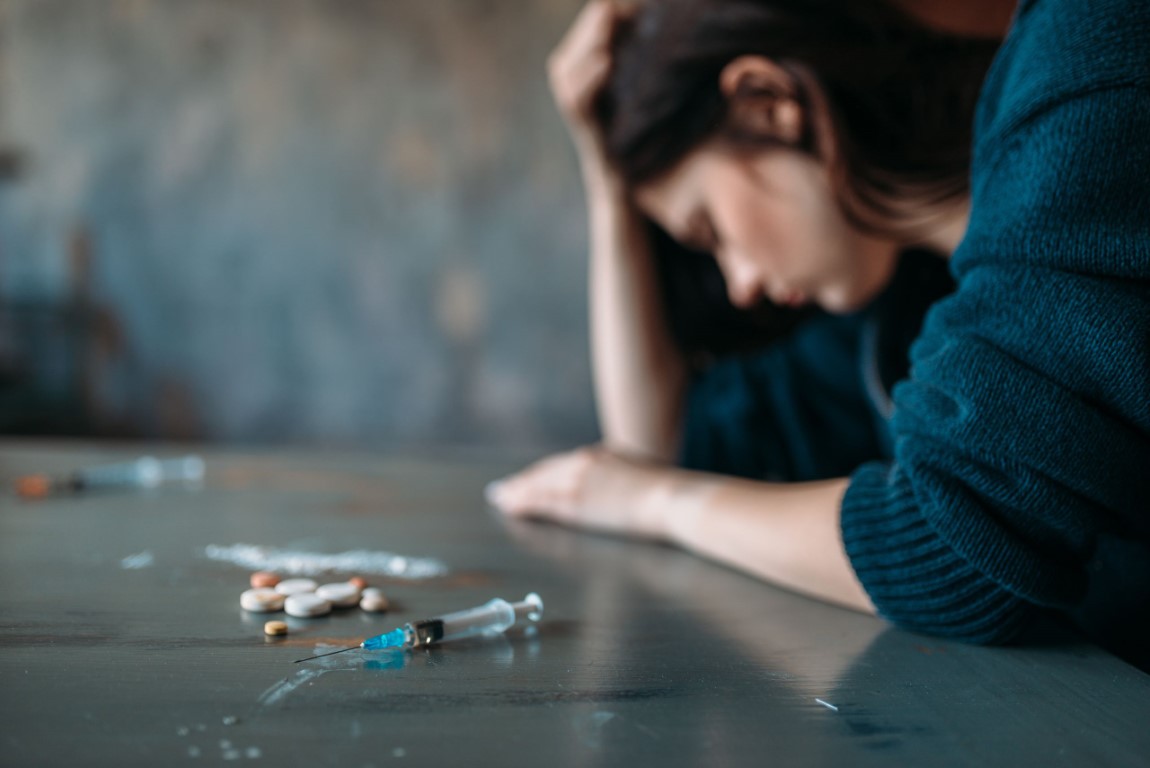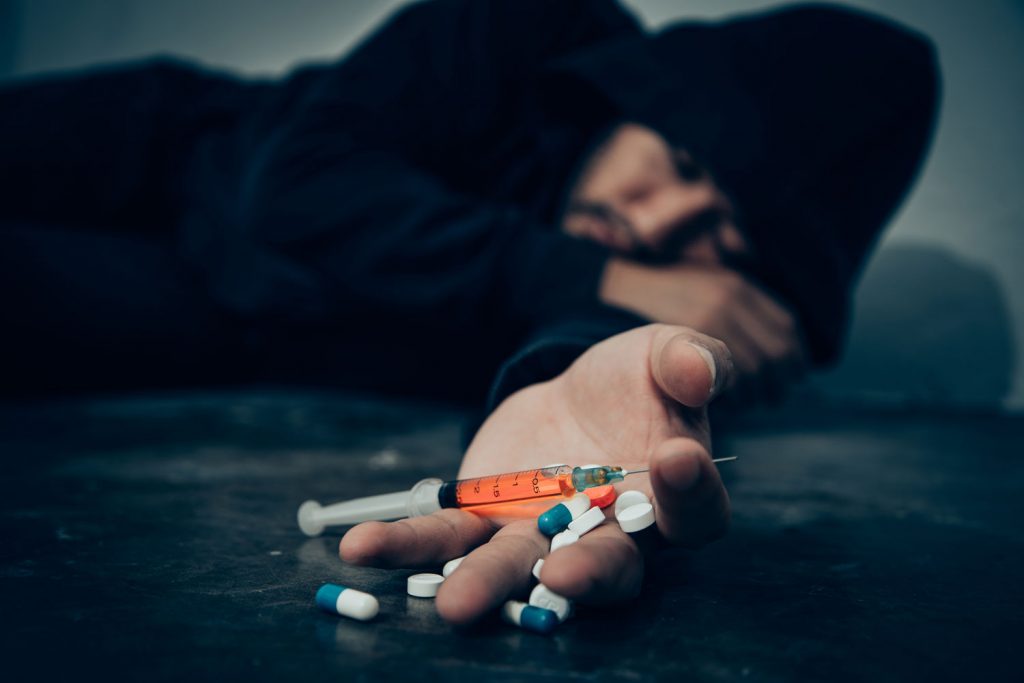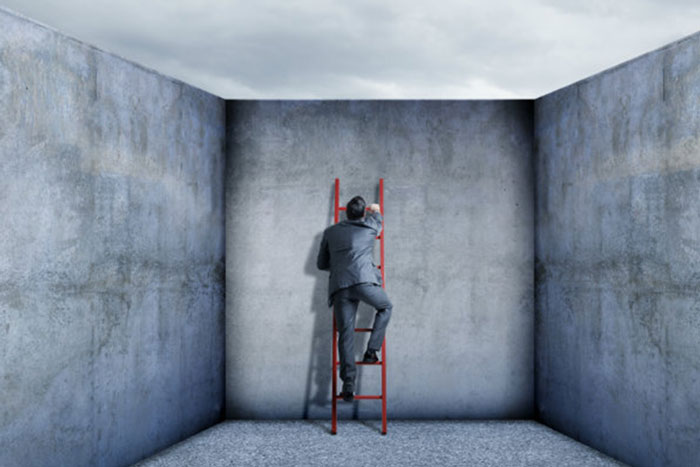If you have never been caught in the grip of addiction, it is almost impossible to truly grasp its depth and complexity. Every individual’s battle with addiction is shaped by personal history, emotions, and circumstances—no two stories are identical. This article aims to shed light on the inner world of those who struggle with addiction, not to label or judge them, but to create a sense of understanding and compassion.
-
Many people don’t fully comprehend what it’s like to descend into addiction, from the moment it takes hold, to the painful stages of withdrawal, to the uphill climb of recovery.
-
Yet, understanding this struggle is essential if we want to offer meaningful help and support to those affected by the condition.
-
A persistent misconception is that those who are addicted are somehow “bad” or “dangerous” people—when, in truth, addiction can happen to anyone, regardless of background or character.
-
Addiction is more than just a desire for a substance or behavior; it takes control of a person’s mind, body, and spirit, often stripping them of their sense of choice.
-
The withdrawal phase and the journey toward sobriety are some of the hardest battles a person can face, both physically and emotionally.
-
Still, recovery is possible. It requires strength, commitment, and guidance, but there is a genuine hope for life beyond addiction.
Feeling Disconnected and Alone
Imagine living with a deep discomfort in your own skin, as though you never quite belong anywhere. You may feel that no matter what you accomplish, it isn’t enough—or that you are constantly falling short, failing yourself and others. Perhaps you’ve never experienced the joy that others seem to find so effortlessly in life’s simple moments.
Sometimes, these feelings come from harmful messages you’ve received over the years—being told you are unworthy, or that your value only lies in fulfilling someone else’s needs. Over time, these beliefs settle deep within, creating a sense of detachment from the world.
None of the things that seem to bring joy to those around you truly touch your heart. You watch others celebrate milestones and experience happiness, but to you, those same events feel hollow, meaningless, or out of reach.

When the Hook Sets In
Then one day, something shifts. It might happen with your first drink, your first drug, or your first win in a high-stakes game. It could come from the rush of a risky purchase or even an intense emotional experience. For that fleeting moment, everything feels right. It’s as if the heavy weight of self-doubt and emptiness lifts, replaced by a sense of euphoria and connection.
Suddenly, you’ve found something that makes life feel worth living. For someone struggling with a food addiction, it could be as simple as a trip to the corner store, where the sugar and salt bring instant comfort. For a heroin user, it might involve dangerous risks and costly habits, but compared to the crushing emptiness they felt before, the high is worth every gamble. That moment of feeling “okay” becomes the goal, no matter the cost.
Facing the Fallout
As addiction deepens, the people around you may grow confused, judgmental, or even angry. They don’t understand why you continue down this path despite the damage it causes. So, you begin to drift toward others who do understand—people who share the same struggle, who don’t need explanations because they already know what it feels like. Together, you form an unspoken bond, like members of a hidden society.
The costs of addiction pile up quickly. Your body changes—you might lose weight or gain it rapidly. Your health begins to deteriorate, money disappears, relationships fracture, and trust erodes. Yet, you convince yourself that happiness never truly existed for you before this addiction, and at least now you feel something. Even if the feeling is temporary, it’s better than nothing.
The more others scold or criticize you, the more you retreat into the very thing that’s hurting you. Their lectures sound hollow, their solutions naive. Deep down, you might wish they were right—that a “normal” life could satisfy you—but a part of you believes that normalcy was never meant for you. And yet, a quiet longing for that normal life persists.
You might look at people celebrating milestones—graduations, careers, families—and wish you could feel joy in those moments too. But to reach that level of fulfillment, you’d have to believe in your own worth, and that belief feels like an impossible mountain to climb.
Yearning for Recovery, But Feeling Trapped
Addiction often creates a dual existence. Outwardly, you try to hide it, covering your tracks with careful lies or avoidance. Inside, you wrestle with the knowledge that you’re losing control. You may even deny your addiction to yourself, convincing yourself that you can stop anytime you want—until the cycle pulls you back in.
There’s a part of you that desperately wants to break free. You don’t want to keep circling back to the pain and emptiness that started it all, nor do you want to see everything you’ve built crumble under the weight of your habits. But the fear of what lies beyond addiction can be just as daunting as the addiction itself.
Recovery is real and possible for everyone. The challenge is facing the emotional wounds and life circumstances that drove you here in the first place. It means learning to find comfort in simple, everyday joys—things that don’t produce an instant high but offer steady, lasting peace. It means accepting yourself, flaws and all, and embracing the humanity you’ve been running from.
Breaking free from addiction doesn’t just mean saying “no” to a substance or behavior. It means saying “yes” to a life of balance, resilience, and self-respect, even when the journey feels uncertain.

Struggling With Inner Conflicts and Double Lives
For many who are addicted, the internal world becomes a battlefield—an endless tug-of-war between wanting to change and being terrified of what change might bring. You may start each day telling yourself, “Today will be different.” And sometimes, for a few hours or even a few days, it is. But then something small—a thought, a memory, a sharp pang of sadness—pulls you right back.
You begin to live a double life, balancing a persona that appears functional on the surface while silently crumbling inside. You keep secrets from friends and family, avoid eye contact, make excuses, and become skilled at lying—to others, and eventually, to yourself. Denial becomes second nature. You don’t want to be “the addict,” so you put on a show of strength while hiding the very thing that's consuming you.
This internal split is exhausting. You're constantly hiding and second-guessing, worn down by shame and the weight of your own expectations. You begin to question who you really are—whether you're the person who laughs with others or the one who cries alone at night. And even though you crave freedom from the addiction, the thought of life without it feels like stepping off a cliff into the unknown.
The Fog of Shame and Self-Loathing
Shame is the shadow that trails every step in the life of an addicted person. It creeps in slowly at first, just a whisper of guilt after a binge or relapse. But over time, it grows louder, heavier, and more convincing. It tells you you’re weak, that you’ve failed again, that you don’t deserve help or happiness.
When you try to reach out—to a friend, a parent, a therapist—you often feel misunderstood. People might say things like “Just stop” or “You’re better than this,” not realizing that their words, though well-intentioned, cut deeper than silence. So you retreat, again. And that shame becomes the perfect excuse to dive deeper into the behavior that brings you temporary relief.
The cycle is vicious: you use or act out to escape the pain, but the aftermath only reinforces the idea that you’re broken or worthless. And so the spiral continues, tightening with each turn.
But here’s the truth most people don’t see: shame doesn’t help you recover. In fact, it keeps you sick. Real healing begins the moment you start forgiving yourself for being human—for having pain, for coping imperfectly, for not knowing any other way yet.
The Illusion of Control
One of the cruelest tricks addiction plays is making you believe you’re in control—right until you’re not. In the beginning, everything might feel manageable. You tell yourself: “I only do this on weekends,” or “I’m not like those other people—I can stop whenever I want.” But that illusion wears thin with time.
As the addiction tightens its grip, you find yourself bending rules you once swore you’d never break. You begin hiding things from people you love. You might skip work, lie about where you’ve been, spend money you don’t have, or act in ways that make you feel unrecognizable. The control you once claimed becomes a joke—a fading memory of who you thought you were.
Eventually, your choices begin to narrow. What once felt like a powerful decision—choosing your high, your escape—becomes a desperate habit, one you follow not out of joy but necessity. You’re no longer chasing pleasure; you’re avoiding pain.
And somewhere in the quiet moments between cravings and consequences, you might ask yourself: “Is this still me?” The frightening part is that you’re not sure anymore.

Finding the Courage to Start Again
There often comes a moment—sometimes quiet, sometimes explosive—when you realize you can’t do it anymore. Maybe you hit rock bottom, maybe you just get tired. But the thought takes root: “I want something different.”
Taking that first step toward recovery is terrifying. It requires facing everything you’ve been running from—your wounds, your mistakes, your buried grief. It requires reaching out to others, even when shame screams that you don’t deserve their help. And most of all, it means walking away from the one thing that has consistently made you feel okay, even if only for a moment.
But as hard as it is, it’s also the beginning of something deeply powerful. Recovery isn’t about returning to who you were before the addiction; it’s about becoming someone new—someone who can feel pain and not run from it, someone who can make peace with imperfection, someone who can learn to love themselves again.
You start learning how to enjoy things slowly, genuinely. A walk outside. A cup of coffee in the morning. A conversation that doesn’t end in lies. You begin to trust others—and yourself—a little more each day. Progress is messy, nonlinear, and sometimes frustratingly slow. But with each step forward, your life begins to rebuild itself.
And while it’s never easy, it is worth it.
When Addiction Feels Like Your Identity
For many who struggle with addiction, the lines between "what I do" and "who I am" blur in painful ways. Over time, the behavior—the using, the seeking, the lying, the craving—can become so habitual, so ingrained in your daily routine, that it starts to feel like it defines you. You may start to believe, deep down, that this is just who you are now.
You’re no longer someone who uses drugs—you’re a user. No longer someone who struggles with alcohol—but an alcoholic. These labels, even when used in recovery circles to find solidarity, can sometimes weigh heavy. They attach to your self-worth and can overshadow every other part of your identity: your creativity, your kindness, your intelligence, your potential.
This internalized identity becomes one of the hardest parts to shake. Because if you're not the addict, who are you? And are you even worth rediscovering?
What recovery eventually reveals—often slowly, sometimes painfully—is that addiction was never your identity. It was a coping mechanism. A reaction. A way to survive. And beneath it, you are still there. Still whole. Still worthy.
Real-World Reflections: Voices From Within
To deepen the emotional reality of addiction, here are adapted expressions—drawn from real-life reflections—of people describing their experience in recovery:
"It’s like I was drowning, and I had this one rope. That rope was toxic, but it was all I had. Letting go felt like death, but holding on meant I’d never live."
"When I was using, I didn’t feel happy—but I didn’t feel sad either. I just felt… nothing. And when you’re afraid of feeling everything, ‘nothing’ becomes addictive too."
"People think hitting rock bottom is what makes you stop. For me, it was when I realized my little girl looked scared of me."
"The worst part isn’t the withdrawals. It’s the silence afterward. You’re suddenly alone with all the reasons you started using in the first place."
These aren’t just dramatic stories—they're honest windows into the psychological and emotional labyrinth that addiction creates. They remind us that behind every addictive behavior is a very real human being, often carrying years of pain, loss, unmet needs, or unresolved trauma.
Choosing Hope—Even When It’s Fragile
Recovery doesn’t guarantee a perfect life. But it opens the door to a different kind of strength—the strength to live fully present, even when it's difficult. The strength to rebuild relationships, set boundaries, feel pain without drowning in it, and find joy without needing to chase it.
In recovery, every small victory matters. Waking up without regret. Saying no when it’s hard. Choosing to call someone instead of isolate. Laughing—really laughing—for the first time in what feels like years.
Addiction may feel like it rewrites your story, but it doesn’t have to be the final chapter. For those willing to walk the long, unpredictable road of recovery, there is something waiting at the other end: a life where you no longer have to numb or escape, because you’ve finally come home to yourself.









